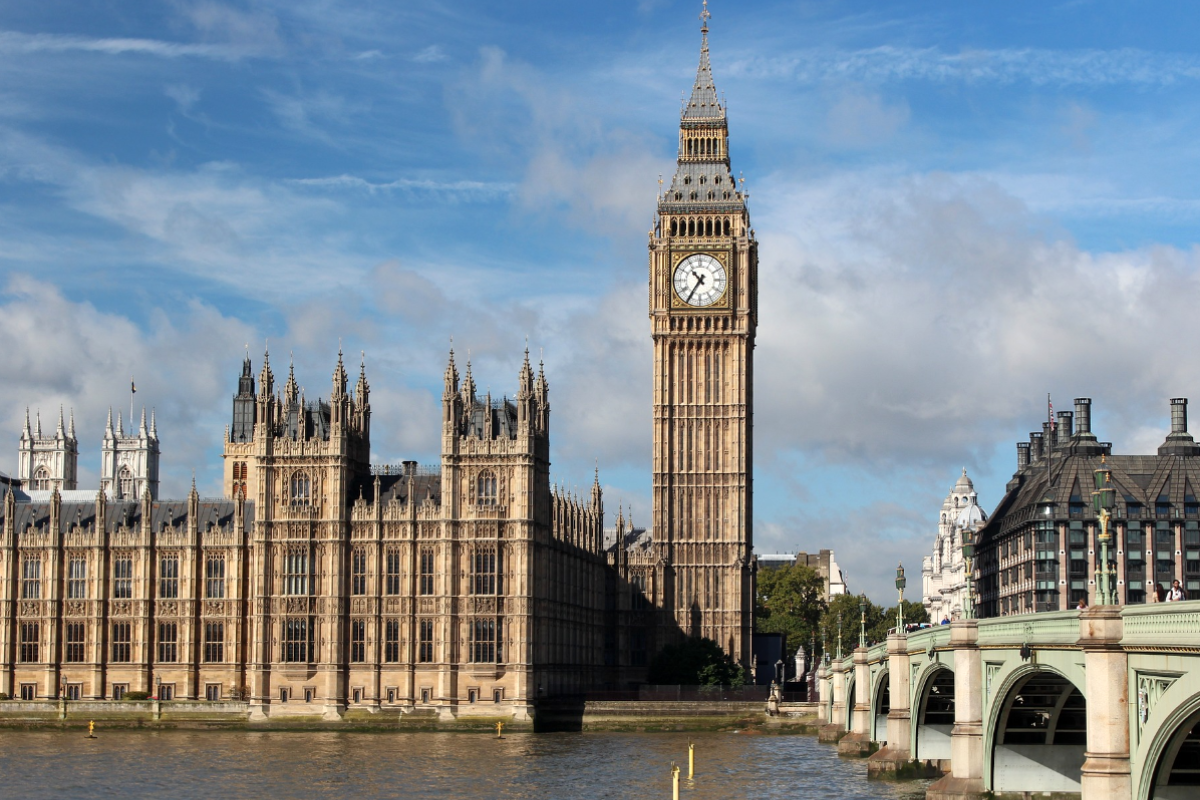
Photo: Mary R Smith
Government rejects calls for ACE funding shake-up
Calls to change arts funding systems to differentiate between local and national institutions risks creating division in the sector, government argues.
Government has dismissed calls for an overhaul of the way arts and culture organisations in England are funded, arguing that proposals put forward by an influential group of MPs could be divisive.
As part of its inquiry into cultural placemaking and the levelling-up agenda, the findings of which were published in November, the Culture Select Committee had called for a new funding system to ensure grassroots organisations do not miss out.
The proposal was based on its conclusion that smaller organisations in deprived areas are experiencing "serious financial risk" due to a handful of organisations receiving significant proportions of public funding.
READ MORE:
But in its official response to the report, government dismissed the idea, suggesting such a change would be counter-productive.
"While it is true that larger cultural organisations are located disproportionately in London (and indeed other major cities), this is not exclusively so, and even given the scale of these organisations they are also part of local cultural ecosystems – and this needs to be taken into account," the government response states.
"Larger organisations both support and also depend on a range of other organisations at different scales. Likewise, these organisations are part of broader creative industry clusters and destination and visitor economies.
"There is a risk that differentiating national from local organisations could create or entrench divisions within the sector, perhaps even leading to barriers to growth and innovation."
'Existential threat'
Among a range of other findings, the select committee also called on government to urgently engage with the sector on the impact of the cost-of-living crisis, warning that it poses an "existential threat".
In its repsonse, the government said DCMS continues to work with its sectors and has been "gathering robust evidence for those hardest hit".
It said this evidence fed into the design of the Energy Bill Discount Scheme, which was announced in early January, and will come into force in April this year.
Under the scheme, museums, libraries, and historical sites and similar visitor attractions have been designated as sectors particularly vulnerable to high energy prices and will receive a higher level of support.
"DCMS continues to engage constructively with industry to further understand and to help mitigate impacts," the response states.
"The Minister for Arts and Heritage has hosted roundtables with leading representatives from the cultural and heritage sectors, to discuss the challenges these sectors are facing, assess impacts and identify possible mitigations."
Join the Discussion
You must be logged in to post a comment.